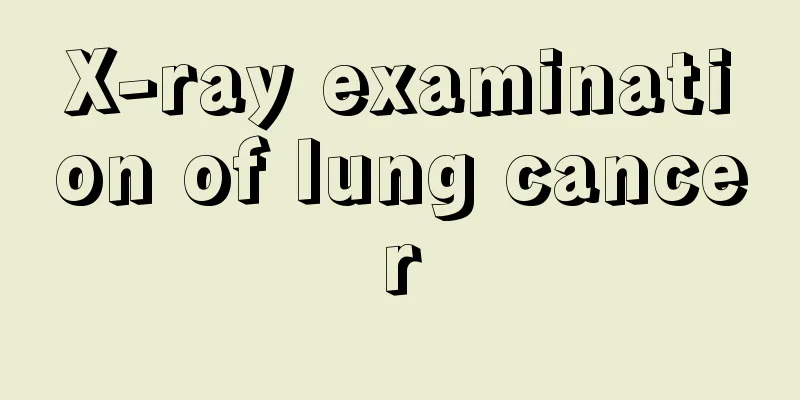Contraindications for diagnostic abdominal puncture

|
Diagnostic abdominal puncture can detect a wide range of diseases, especially gastrointestinal perforation, pancreatitis or cholecystitis. After decades of use, the body is bound to have more or less problems. The way to diagnose problems with our internal organs is to use this high-tech method to detect and treat, so that more accurate data can be obtained. Indications: 1. Clarify the nature of peritoneal effusion and assist in diagnosis; 2. Drain the appropriate amount of ascites to reduce the patient's intra-abdominal pressure, relieve abdominal distension, chest tightness, shortness of breath, dyspnea and other compression symptoms, reduce venous return resistance and improve blood circulation; 3. Closed abdominal injury, suspected internal bleeding, such as spleen rupture, ectopic pregnancy, etc., to determine whether there is blood or pus accumulation; unexplained shock after trauma 4. Intraperitoneal administration, such as intraperitoneal administration for patients with abdominal infection, peritoneal tuberculosis, and peritoneal metastasis of tumors 5. Inject a certain amount of air (artificial pneumoperitoneum) to increase abdominal pressure, raise the diaphragm, indirectly compress the two lungs, and promote the healing of lung cavities. When there is massive bleeding in tuberculosis cavities, artificial pneumoperitoneum can be used as a hemostatic measure. 6. Differentiate diffuse peritonitis caused by gastrointestinal perforation, pancreatitis, cholangitis, cholecystitis, etc. 7. Ascites reinfusion Contraindications: 1. Restless and uncooperative people 2. Premonitions of hepatic encephalopathy 3. Severe electrolyte imbalance, such as hypokalemia 4. Extensive adhesions and masses in tuberculous peritonitis 5. Hydatid disease 6. People with giant ovarian cysts 7. Obvious bleeding tendency 8. Mid- to late-pregnancy 9. People with intestinal paralysis and obvious abdominal bloating 10. Full bladder, no catheterization 11. Those who can be diagnosed by general methods When performing abdominal puncture, you must make a clear diagnosis to see whether you have any of the above conditions. Whether abdominal puncture can be performed must be based on the doctor's judgment. Do not act on your own. In short, abdominal puncture is a complex technique. If patients have symptoms of ascites, they must go to a regular hospital for treatment and avoid blindly taking medication or believing in folk remedies. |
<<: Who can't eat sorghum rice
Recommend
Symptoms of lung metastasis from ovarian cancer
Symptoms of ovarian cancer lung metastasis: The m...
Why are there so many white spots on the goldfish?
Today's society is constantly developing, and...
How long is the shelf life of rice wine?
In our impression, the longer the wine is stored,...
What causes lymphoma? What are the characteristics of malignant lymphoma in my country?
What causes lymphoma? What are the characteristic...
How to make sounds with air
Many people envy celebrities for their singing sk...
Are good cigarettes and bad cigarettes equally toxic?
Smoking is a habit of many people. Although every...
Can patients with colon cancer exercise appropriately?
Remember to move more after colon cancer surgery....
What methods can truly prevent breast cancer
There is a phenomenon of gradual tumors in the br...
How to treat spinal diseases quickly and self-effectively?
The spine is a very important bone tissue, becaus...
Is hair loss due to kidney yang deficiency or yin deficiency
Every autumn, many people find that they are losi...
Is tea cigarette harmful to the body?
In recent years, tea that resembles cigarettes ha...
Dietary tips for bone cancer that require special attention
After suffering from bone cancer, the patient'...
How to prevent liver cancer in daily life? You should do this to prevent liver cancer
Liver cancer is a disease with a relatively high ...
What other treatments are there for liver cancer besides surgery? A complete list of non-surgical treatments for liver cancer
Can liver cancer be treated without surgery? Usua...
5 symptoms indicate that your kidneys are sick
If the human body is compared to a functioning co...









